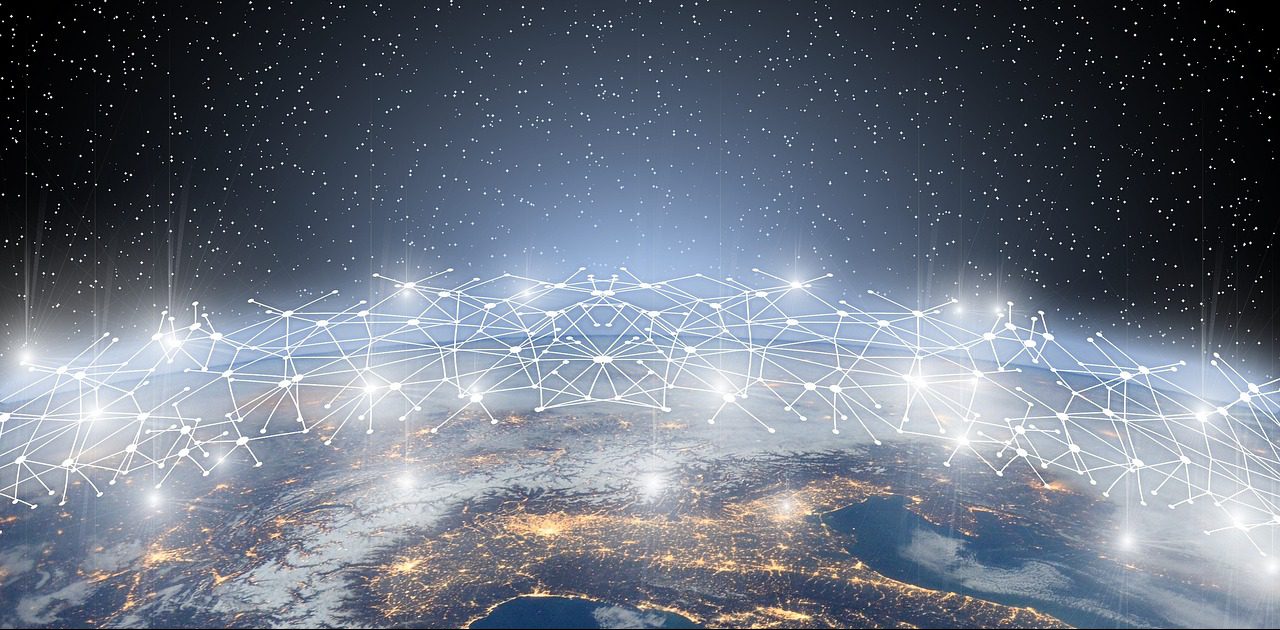This post is also available in:
 עברית (Hebrew)
עברית (Hebrew)
Countless devices we use every single day completely depend on support from security companies. However, the staffing and software of these companies are usually imperfect – in today’s cyber age, one could attack anyone, anywhere, anytime. “It is unfortunately just the world we live in,” said cybersecurity expert Jon Powell, “I don’t need to be next door to you to rob you.”
One might respond that companies simply need digital gatekeepers, but those can make mistakes as well. As we saw in the recent CrowdStrike cyber outage, the company that became a world leader in protecting company servers from hacking, theft, manipulation and other cyber disruption, also caused one of the largest outages to date.
According to Techxplore, in the early morning of July 19, CrowdStrike sent out a faulty software update to many users of Microsoft systems, disrupting flights, stranding passengers, disabling hospitals and canceling surgeries, causing major inconveniences and costing billions. However, it could have been much worse.
Zarik Megerdichian is the CEO of Loop8 (which sells personal privacy controls for software). He said our current tech systems are chains and that we depend on all its links – “This event serves as a warning for the problems a single point of failure can cause… We learned that businesses are only as secure as their weakest link and even the big players we all know and trust are vulnerable. In many ways, companies got off easy.”
However, there is a reason to fear that in the next outage, the shutdown systems, inaccessible records, and off-line computers could be much more dangerous and not just inconveniences. Aleksandar Tomic, associate dean of strategy, innovation, and technology at Boston College, said: “It gives you an idea of what warfare of the future would be like… If we went into a conflict with Russia, this is a picture of what it might be like. We were lucky this time that no vital systems were affected, like water.”


























